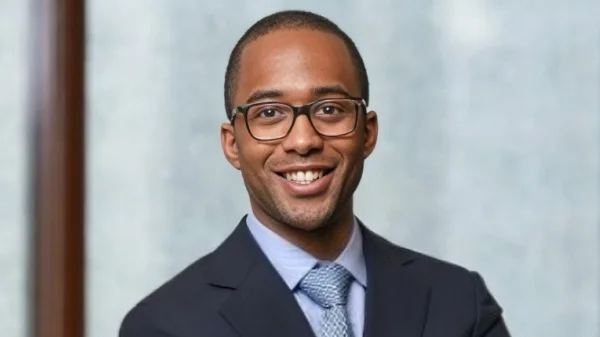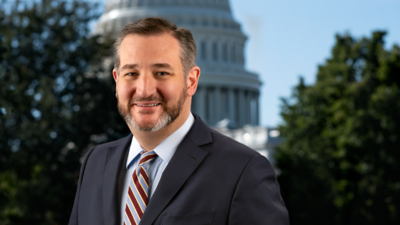Kyle Cooper Chicago Partner, Tabet DiVito & Rothstein LLC | LinkedIn
Kyle Cooper Chicago Partner, Tabet DiVito & Rothstein LLC | LinkedIn
The Fraternal Order of Police has submitted a petition to the Illinois Supreme Court, seeking to challenge a recent decision by the Illinois Appellate Court. The decision in question requires that arbitration proceedings for the most serious police disciplinary cases be conducted publicly.
Kyle Cooper, President of the Chicago Police Board, responded to this development by noting that the appeal was expected but expressed concern about its impact on the process. "While unsurprising, this appeal will further delay the establishment of an arbitration process, increase the backlog of cases awaiting hearing, and ultimately cost taxpayers and officers accused of serious misconduct substantial amounts of money. The delay and uncertainty caused by this appeal deny accused officers, alleged victims of misconduct, and the public the timely resolution they deserve," Cooper said.
Cooper reiterated his support for the appellate court's ruling. "As previously stated, I believe the Appellate Court’s decision was sound and it should be allowed to stand. Full public access to the hearings and decisions in the most serious cases is essential for ensuring accountability and increasing the community’s trust in the Chicago Police Department," he stated.
He also encouraged officers facing significant disciplinary charges to opt for a Police Board hearing instead of waiting for an undefined arbitration process. "As I have done and will continue to do, I again encourage officers facing the most serious disciplinary charges to choose a Police Board hearing rather than wait an indefinite amount of time to proceed in a currently undefined arbitration process, as the Police Board is committed to holding expeditious and fair hearings that uphold the due-process rights of all parties," Cooper added.
The ongoing legal dispute may prolong resolution times for both accused officers and alleged victims while impacting public transparency in police discipline matters.






 Alerts Sign-up
Alerts Sign-up